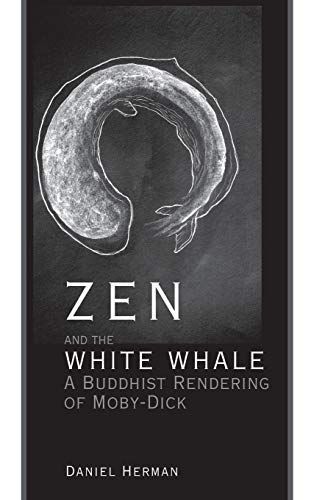
Zen and the White Whale A Buddhist Rendering of Moby-Dick
In Moby-Dick’s wide philosophical musings and central narrative arch, Herman finds a philosophy very closely aligned specifically with the original teachings of Zen Buddhism. In exploring the likelihood of this hitherto undiscovered influence, Herman looks at works Melville is either known to have read or that there is a strong likelihood of his having come across, as well as offering a more expansive consideration of Moby-Dick from a Zen Buddhist perspective, as it is expressed in both ancient and modern teachings. But not only does the book delve deeply into one of the few aspects of Moby-Dick’s construction left unexplored by scholars, it also conceives of an entirely new way of reading the greatest of American books—offering critical re-considerations of many of its most crucial and contentious issues, while focusing on what Melville has to teach us about coping with adversity, respecting ideological diversity, and living skillfully in a fickle, slippery world.